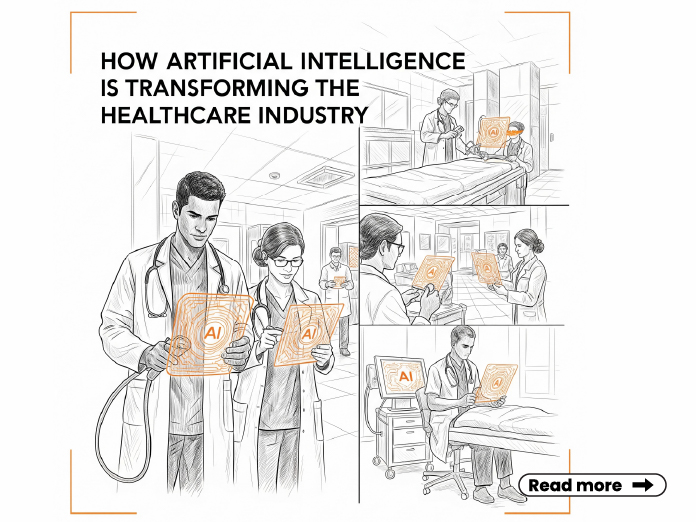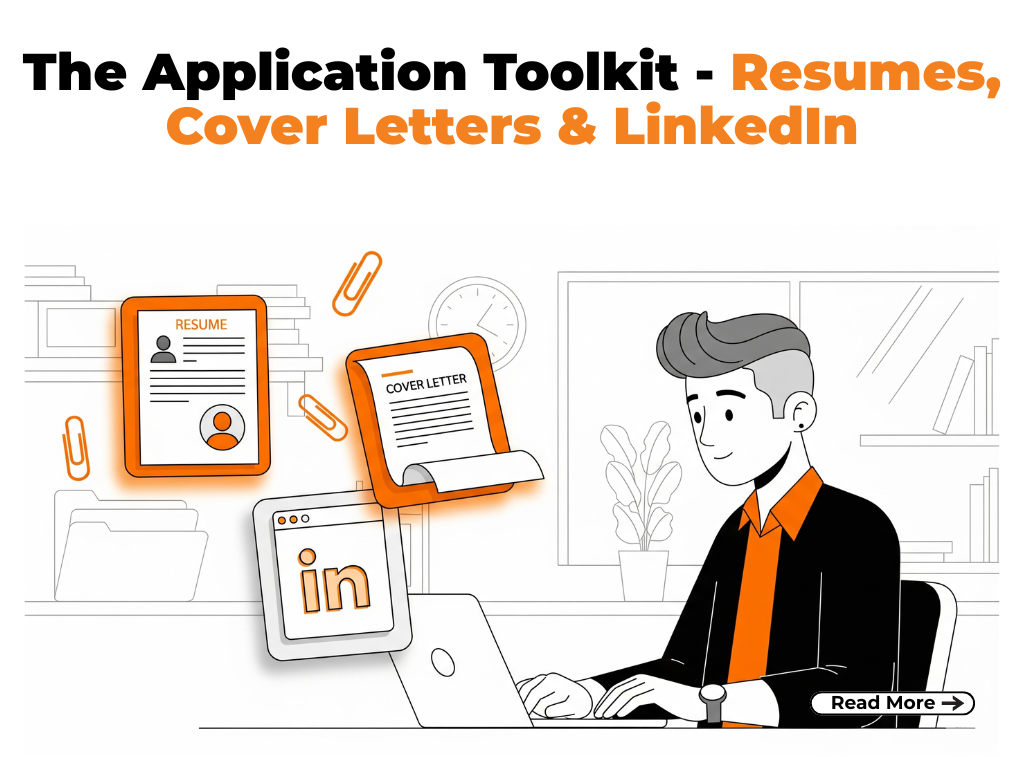Artificial Intelligence (AI) is reshaping critical sectors across the globe. One industry seeing a massive transformation is healthcare. The use of AI in healthcare is growing fast. Hospitals, clinics, and labs are now turning to smart technologies to improve accuracy, speed, and patient care.
In India, this shift is even more visible. From diagnostics to data management, artificial intelligence in healthcare is making processes smoother and more effective. Let’s explore how AI is becoming a game-changer in the medical field and what this means for future healthcare professionals.
What is Artificial Intelligence in Healthcare?
Artificial intelligence in healthcare refers to the use of smart machines and software to mimic human intelligence. It helps doctors, nurses, and healthcare managers make better decisions.
AI in healthcare includes various technologies:
- Machine Learning (ML): Learns from data to predict outcomes
- Natural Language Processing (NLP): Helps computers understand human language
- Computer Vision: Analyses medical images like X-rays and MRIs
These tools work together to improve patient care, reduce errors, and support faster decisions.
Applications of AI in Medicine
AI in medicine is not a future concept, it’s happening now. It plays a major role in several key areas:
AI in Diagnostics
AI helps detect diseases early. For instance, AI systems can scan medical images to find signs of cancer or heart disease long before symptoms appear. These tools can even highlight areas of concern for doctors to review.
Drug Discovery and Development
AI speeds up the process of creating new medicines. It analyses thousands of chemical compounds quickly. This helps researchers find the most promising drugs faster and at a lower cost.
Personalised Treatment Plans
Doctors now use AI to create treatment plans that suit each patient’s needs. AI studies past medical records and test results to suggest the best course of action. This approach leads to better results and fewer side effects.
These applications of AI in medicine are changing how healthcare is delivered.
How AI is Used in Hospitals and Clinical Settings
Hospitals are adopting AI tools at a rapid pace. These tools help doctors, patients, and administrators in different ways.
Robotic Surgeries
AI powers robotic arms that assist surgeons during complex procedures. These machines offer better precision and reduce recovery times.
AI-Powered Monitoring Systems
Wearable tech and smart monitors track a patient’s vital signs in real-time. AI alerts doctors instantly if it detects a problem.
Virtual Health Assistants
Chatbots and digital assistants help patients book appointments, check symptoms, and receive reminders. AI also supports administrative tasks like billing and record-keeping.
AI in hospitals is making healthcare more efficient and responsive.
Role of AI in Health Data Management
Managing health data is a big task. AI makes it easier and smarter.
Electronic Health Records (EHRs)
AI improves the way hospitals use EHRs. It can quickly find patterns in patient data, helping doctors make better decisions.
Predictive Analytics
AI uses past data to predict patient outcomes. This helps in planning treatments and managing hospital resources effectively.
Clinical Trials and Data Security
AI finds suitable patients for clinical trials faster. It also boosts data security by detecting any signs of a cyber threat.
The use of AI for health data is now essential in modern medical systems.
Benefits of AI in the Healthcare Sector
AI brings several advantages to the healthcare industry:
- Improved Accuracy: AI reduces human error and improves diagnostic precision
- Faster Decisions: It helps in quick treatment planning and risk assessment
- Lower Costs: Hospitals can cut operational costs by automating tasks
With these benefits, artificial intelligence in healthcare is becoming a must-have tool for medical professionals.
Challenges and Ethical Considerations
Despite its benefits, AI in healthcare faces some challenges:
- Data Privacy: Patient data must be kept secure. AI systems need to follow strict privacy laws.
- Bias in AI Models: AI learns from data. If the data is biased, the results may also be unfair.
- Skilled Workforce: There is a growing need for professionals who understand both AI and healthcare.
- Regulatory Barriers: The healthcare industry must ensure that AI tools meet all legal standards.
Ethics and trust are key as AI continues to grow in this space.
Education & Career Opportunities in AI-Powered Healthcare
The demand for experts in AI and healthcare is increasing. Students with skills in both fields will have a clear edge in the job market.
Study B.Tech CSE (AI & Machine Learning) at LPU
Lovely Professional University offers a B.Tech in Computer Science Engineering with a focus on AI and Machine Learning. The programme includes:
- Specialisations in medical AI, data analytics, and machine learning
- Real-time healthcare projects
- Access to AI labs and industry case studies
Students work on real-world problems and learn how AI is used in modern hospitals.
Study MBA in Hospital & Healthcare Management at LPU
LPU also offers an MBA that focuses on hospital and healthcare management. This programme prepares students to:
- Lead AI-driven hospital systems
- Manage healthcare innovations
- Gain hands-on experience through industry exposure
LPU’s tech and healthcare programs are tailored for students aspiring to shape the future of AI-powered medical systems.
Conclusion
Artificial intelligence in healthcare is changing everything from how diseases are detected to how hospitals manage patient data. It improves outcomes, speeds up care, and lowers costs.
But to keep this progress going, we need professionals who understand both AI and medicine. LPU’s forward-thinking programmes are perfect for students who want to be at the forefront of this revolution.
AI is the future of healthcare, and the future is already here.
Also Read: Career Opportunities in Artificial Intelligence in 2025
FAQs
Q1: What are the top uses of AI in healthcare?
AI is used in diagnostics, drug discovery, data management, robotic surgeries, and personalised treatment.
Q2: How does AI help doctors and hospitals?
AI supports doctors in making faster and more accurate decisions. It also helps hospitals reduce costs and improve patient care.
Q3: Is AI replacing jobs in healthcare?
No, AI is not replacing jobs. It is creating new roles and helping medical staff focus more on patient care.
Q4: Which degree should I pursue to work in AI and healthcare?
You can study B.Tech CSE (AI & Machine Learning) or an MBA in Hospital & Healthcare Management at LPU.
Q5: Does LPU offer AI or healthcare-focused courses?
Yes, LPU offers specialised programmes in AI and healthcare, designed for real-world applications and future careers.




![Career Paths After B.Sc. Information Technology [Lateral Entry] Career Paths after B.Sc. Information Technology [Lateral Entry]](https://www.lpu.in/blog/wp-content/uploads/2026/01/Career-Paths-after-B.Sc_.-Information-Technology-Lateral-Entry-218x150.png)









